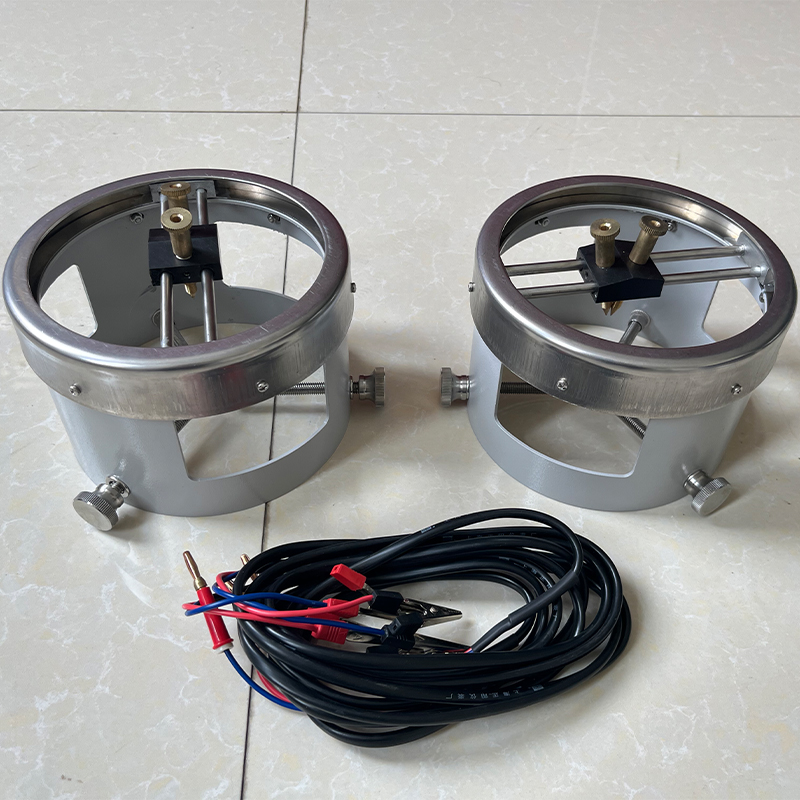Innovative Devices for Accurate Measurement of Electrical Resistance in Various Applications
Machines to Measure Resistance An Overview
In the realm of electrical engineering and physics, the measurement of resistance is a fundamental process that ensures the efficiency and safety of electrical circuits. Resistance, measured in ohms, represents how much a material opposes the flow of electric current. With the advancement of technology, various machines have been developed to measure resistance with precision and reliability. This article presents an overview of some key machines designed for this purpose, their working principles, and applications.
Machines to Measure Resistance An Overview
Another important machine for measuring resistance is the ohmmeter. Unlike digital multimeters, which perform multiple functions, ohmmeters are specifically designed to measure resistance. They operate on a similar principle, applying a known voltage and measuring the current flowing through the resistor. Ohmmeters can be either analog or digital, with digital ohmmeters offering greater accuracy and easier reading of values. They are essential tools in industries like telecommunications, automotive, and manufacturing, where precise resistance measurements are crucial for performance testing.
machines to measure resistance

For more specialized applications, such as measuring very low resistances, micro-ohmmeters (or milliohmmeters) are used. These machines are capable of measuring resistance in the micro-ohm range, which is particularly useful in evaluating connections and contacts in power systems and heavy machinery. Micro-ohmmeters utilize a four-wire measurement technique to eliminate the effects of lead resistance, providing highly accurate readings of low-resistance components. This precision is vital in applications such as power generation, transmission, and electronic device manufacturing.
In addition to handheld devices, there are also advanced machines like the resistance bridge. A resistance bridge is a precision instrument used to measure unknown resistance by comparing it with known resistances. One common type is the Wheatstone Bridge, which uses a null measurement method to determine resistance with exceptional accuracy. When balanced, the bridge allows for the precise calculation of an unknown resistance in a circuit. Resistance bridges are extensively used in laboratories and research environments, where high-accuracy measurements are required.
In industrial settings, automated resistance testers play a crucial role in quality assurance and product testing. These machines can perform large-scale resistance measurements on a variety of components simultaneously, enhancing efficiency and productivity. Automated systems ensure consistent testing conditions and can integrate with data logging systems to provide real-time feedback and traceability in manufacturing processes.
In conclusion, measuring resistance is a vital aspect of electrical engineering, and various machines have been developed to cater to different measurement needs. From the versatile digital multimeter to specialized micro-ohmmeters and automated resistance testers, each machine serves a unique purpose in ensuring the reliability and functionality of electrical systems. As technology continues to advance, we can expect even more sophisticated tools to emerge, further enhancing the accuracy and efficiency of resistance measurement in various applications.
-
The Role of Tensile Force Testers in Quality Control and Material Science
NewsAug.01,2025
-
Maintenance and Safety Tips for Aging Ovens
NewsAug.01,2025
-
Density Balance in Forensic Science
NewsAug.01,2025
-
Advanced Optical Measurement Technologies
NewsAug.01,2025
-
A Buyer’s Guide to Tensile Test Machines
NewsAug.01,2025
-
Why the Conductor Resistance Constant Temperature Measurement Machine Redefines Precision
NewsJun.20,2025
 Copyright © 2025 Hebei Fangyuan Instrument & Equipment Co.,Ltd. All Rights Reserved. Sitemap | Privacy Policy
Copyright © 2025 Hebei Fangyuan Instrument & Equipment Co.,Ltd. All Rights Reserved. Sitemap | Privacy Policy
